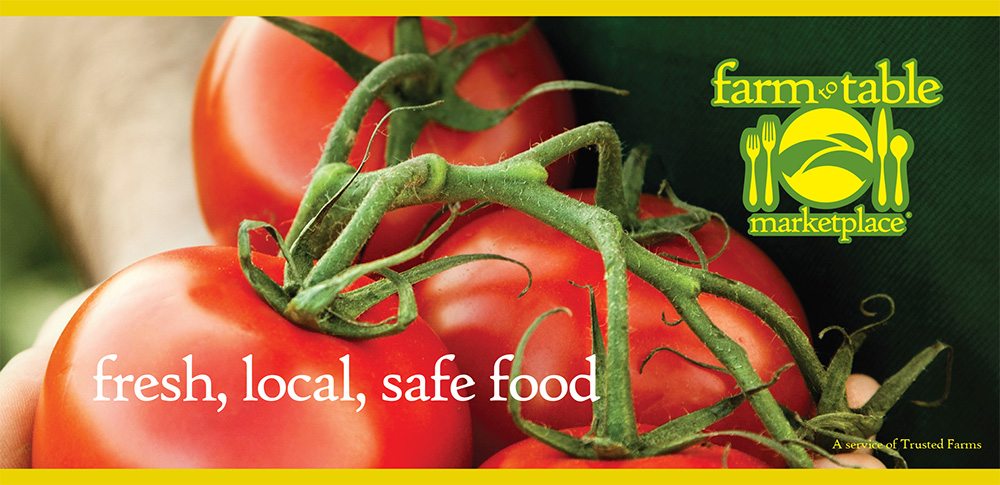Fruit of our fathers
 A vendor at the Saturday market sells surprisingly good muscadines and scuppernongs, but this week, the muscadines were missing.
A vendor at the Saturday market sells surprisingly good muscadines and scuppernongs, but this week, the muscadines were missing.
“Is muscadine season over?” I asked.
“No, but the sugar wasn’t quite right for them this week,” he said. “We’ll have them again next week, and on up through Halloween.”
To review: This farmer monitors the sugar content of his larger than average (“They’re cultivated,” he explains.) muscadines and doesn’t bring to market any that he thinks aren’t “quite right.”
It’s little wonder that nearly every piece of fruit in every $5 quart I’ve bought from him has been perfect. Perfect in appearance, perfectly ripe.
And a perfect example of Community Supported Agriculture (CSA), a concept that I discovered only a few years ago in the course of designing brand and collaterals for Farm to Table Marketplace, a Greenville-based CSA. But I never signed up. Instead, I watched and waited as others received their weekly “shares” from various farms, and were sometimes disappointed by what a mixed bag the experience could be. Which is to say that their bags weren’t always as mixed as they’d have liked.
Eggplants come to mind. Lots and lots of eggplants. Week after week after week. Beautiful eggplants, there’s no denying, and as for repetition, them’s the breaks when we resolve to eat what’s locally in season, but eggplant is an occasional food, not a staple.
In his book Isaac’s Storm, Erik Larson describes the delight one European immigrant felt shortly after arriving in Texas at the turn of the last century when she tasted a banana for the first time. Streets paved with gold, yes, but bananas to boot?! God is great. (And He’s been growing bananas in Mexico since the Middle Ages.)
Of course our gastronomic expectations ceased to be fettered by seasons and geography long, long ago. As refrigeration and transportation technologies matured, traditional constraints became quaint anachronisms, then upscale restaurant clichés.
Except for the muscadine.
Maybe because it doesn’t keep well, or travel well, or maybe because it doesn’t sell as briskly as the Red Flame seedless, when muscadine season is over, it’s freakin’ over.
A rare Old World inconvenience that refuses to budge. Keeping us honest. Keeping it real.
I kind of like that.